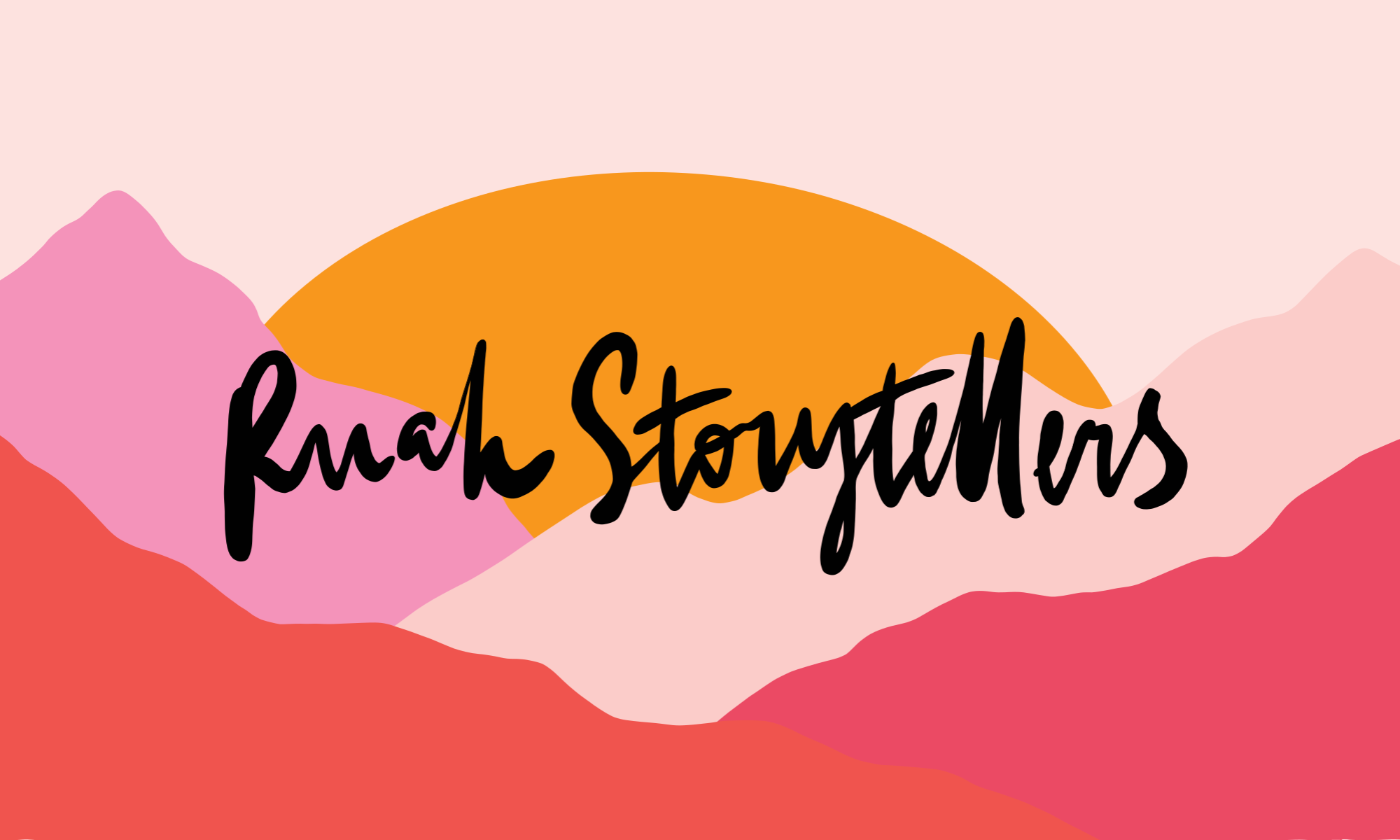You Were Rome
Preface and Poem by Alli Shoemaker
My only purpose in this world may have been to accompany my 18-year-old brother as he died, to stroke his hair, whisper “I love you” into his cooling ear, and to help write some of his last earthly thoughts as he lay on a linoleum bathroom floor.
I murmured memories of our family vacation in Mexico, reminding him of the sea turtle he saw gliding under the gleaming waves, trying to fill his failing, cancer-encrusted lungs with life-giving ocean air. As I held his hand, I churned the protection of St. Michael, praying fervently that he’d guide my brother across this quakey bridge.
My only identity on this Earth may be “Zach’s older sister,” and that will be enough.
For a woman who thought she’d be studying in Rome to be a traveling-journalist, who strove for accolades and to be lavished with compliments, to make a name for herself, I thank God often that he gave me the chance to bury the dead humbly and quietly, in the twilight of that Monday morning in late May.
I witnessed, firsthand, the marriage of beauty and suffering, the poignancy of love in loss, and the truth of God’s existence. If a love like this can so powerfully transcend time, there must be something more.
Zach was diagnosed with bone cancer two months after I started college. While other students were worried about GPAs, I was asking my Intro to Journalism professor to reschedule my midterm so I could just be next to my brother, to behold his physical presence so it didn’t feel like he was gone already.
The next year, his cancer worsened. It crept from his hip up to his lungs, and he had surgeries to remove pieces of them. All the while he worked on his music. He wrote goodbye songs, and played his guitar, singing despite the new heaviness in his chest and the nausea he felt from chemotherapy.
I was set to study abroad in Rome, to behold the beauty of God in the cathedral, the monasteries, the art: seeking the truth, looking to discover holiness and my own worth in its many walls.
But as Zach’s bones quivered, and his body diminished and sallowed, I knew I could not leave him– not when we could so clearly see his finite point on the horizon. How could I rush past him?
It’s important that you know that I did not choose to bury my brother, I writhed from it. I swore at God while kneeling in front of the Eucharist, I fought passionately with my mom– displaced anger and blame pouring out of me. I even left my house to live with a friend for a time toward the end- I didn’t have the strength to move on with my life and watch him die at the same time.
Soon after, we had a social worker come to my parent’s house to talk to my 14-year-old sister, Grace, about Zach’s soon-to-arrive death. My sister didn’t want to go alone, so I sat in our living room with her, as the social worker whipped out art projects and children’s books. My sister felt a little juvenile, but I was enraptured. The social worker read a book called “Rabbityness” to us. The story is about a rabbit who suddenly disappears, leaving his friends in despair. His friends find that he left his gifts and passions behind: musical instruments, paint, brushes, and more. Though crushed by the loss of their friend, they use the gifts he left to create beauty in the darkness out of his memory. Though I was in my early twenties at the time, the book taught me a life-changing lesson: That we can transform our suffering, our stories of pain, into healing and connection.
Zach and I spoke often about his cancer, and how it affected him, particularly on probably illegal drives together on icy roads at night. One of my favorite writers, Henri Nouwen, said: “I am deeply convinced that each human being suffers in a way no other human being suffers.” During our conversations, Zach and I held onto this as we grappled with his death. He found comfort in knowing everyone suffers and struggles in different ways, because it means we can unite with everyone in our suffering, and that we are never alone. Even if our struggles are different, he felt relief in being understood.
I see now that sometimes the greatest graces and mercies are cloaked in the fear of worldly pain. My mom once said that even if Zach died, she was grateful to God to have known him at all.
Today, I marvel at the chances, at the simple fact that God chose my life to parallel his: To witness the power of my dear brother’s music, his art, his person and essence. This is the inspiration for a poem I wrote recently, called You Were Rome, which I wrote for Zach.
I decided not to go to Rome
because you were dying
But I discovered after all
that the cathedrals lived in you
Between the scar slashes on your back
Your ribs, flying pillars
holding our stony weight
and pointing toward God
Your laughter was the lighted glass
People ask and I always tell them,
“This is weird to say…”
But you made it beautiful
Watching you go
Seeing you now in wind blown postcards
You were Rome.
And I came back better.

